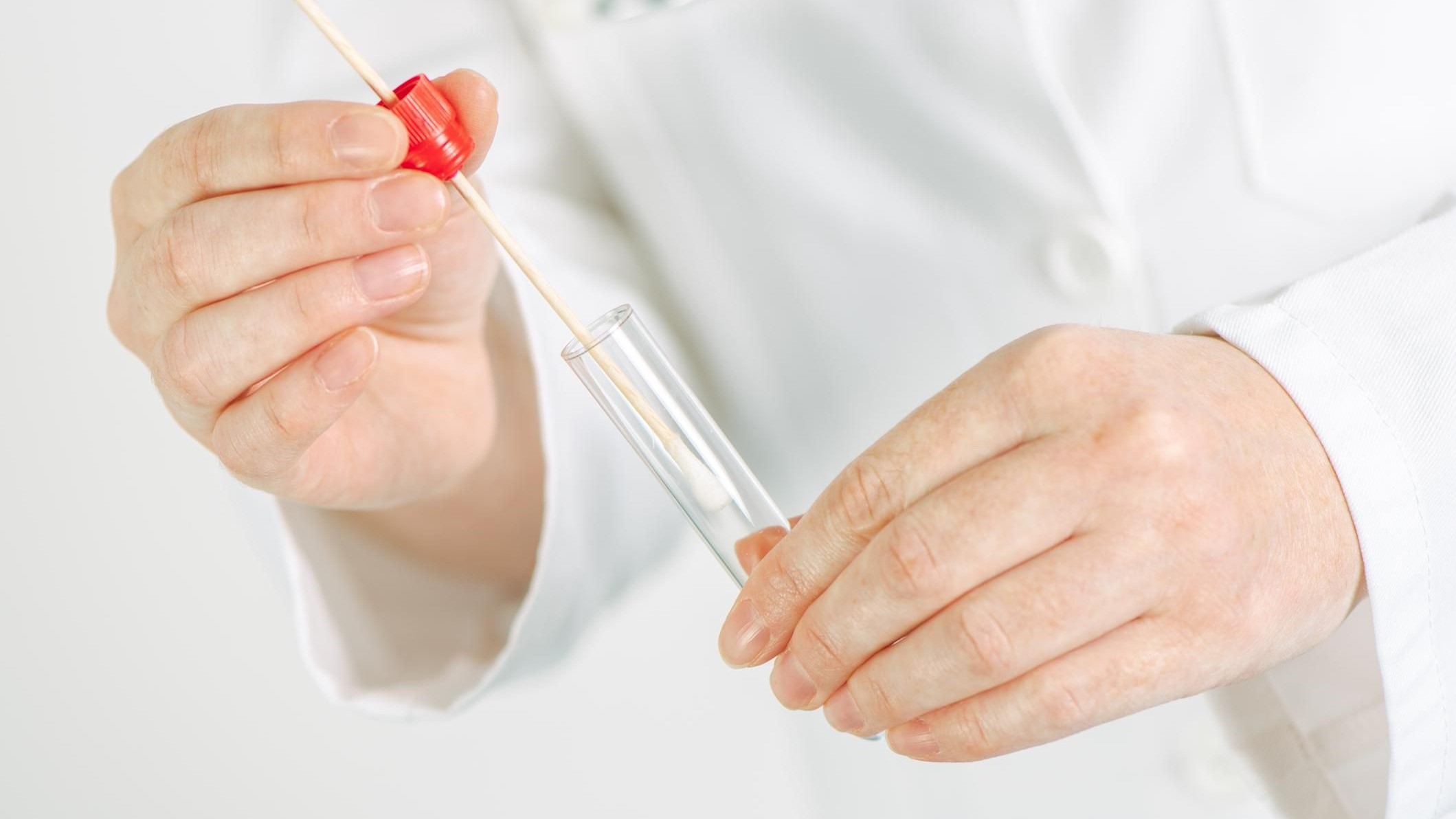
Mycoplasma genitalium is a tiny bacterium causing big problems. This sneaky pathogen can lead to serious infections in the urinary and reproductive tracts. Testing for Mycoplasma genitalium is crucial because it often goes unnoticed, silently causing damage. Unlike other bacteria, it lacks a cell wall, making it resistant to many common antibiotics. Early detection through testing can prevent complications like pelvic inflammatory disease and infertility. Symptoms might include pain during urination, unusual discharge, or even no symptoms at all. Testing methods include nucleic acid amplification tests (NAATs), which are highly accurate. Knowing your status helps in getting the right treatment and stopping the spread. Regular check-ups and being informed are key to staying healthy.
What is Mycoplasma Genitalium?
Mycoplasma genitalium is a tiny bacterium that can cause sexually transmitted infections (STIs). It's often overlooked but can lead to serious health issues if untreated. Let's dive into some crucial facts about testing for this infection.
Why Testing for Mycoplasma Genitalium is Important
Testing for Mycoplasma genitalium is essential for diagnosing and treating this infection. Early detection can prevent complications and the spread of the bacterium.
-
Mycoplasma genitalium is hard to detect without testing. This bacterium doesn't always cause symptoms, making it difficult to identify without proper testing.
-
Untreated Mycoplasma genitalium can lead to severe health issues. If left untreated, it can cause pelvic inflammatory disease in women and urethritis in men.
-
Testing helps prevent the spread of the infection. Identifying and treating infected individuals reduces the risk of transmission to others.
How Mycoplasma Genitalium Testing Works
Understanding the testing process can help alleviate concerns and ensure accurate results. Here are some key points about how testing works.
-
Testing typically involves a urine sample or swab. For men, a urine sample is usually sufficient. Women may need a cervical or vaginal swab.
-
Polymerase chain reaction (PCR) tests are commonly used. PCR tests detect the genetic material of the bacterium, making them highly accurate.
-
Results can take a few days. While some tests provide results within hours, others may take a few days to process.
Symptoms That May Prompt Testing
Recognizing symptoms can prompt individuals to seek testing, leading to early diagnosis and treatment.
-
Symptoms in men include urethral discharge and burning during urination. These symptoms can be mistaken for other infections, making testing crucial.
-
Women may experience abnormal vaginal discharge and pelvic pain. These symptoms can also be signs of other conditions, so testing is necessary for a definitive diagnosis.
-
Asymptomatic cases are common. Many people with Mycoplasma genitalium show no symptoms, highlighting the importance of routine testing.
Treatment After a Positive Test
Knowing what to expect after a positive test can help individuals manage their condition effectively.
-
Antibiotics are the primary treatment. Specific antibiotics, such as azithromycin or doxycycline, are used to treat the infection.
-
Follow-up testing may be required. To ensure the infection is fully cleared, follow-up testing is often recommended.
-
Partners should be tested and treated. To prevent reinfection, sexual partners should also be tested and treated if necessary.
Challenges in Mycoplasma Genitalium Testing
Despite advancements, there are still challenges in testing for this infection.
-
Antibiotic resistance is a growing concern. Some strains of Mycoplasma genitalium are becoming resistant to common antibiotics, complicating treatment.
-
Testing availability varies. Not all clinics offer Mycoplasma genitalium testing, which can limit access to diagnosis and treatment.
-
Cost can be a barrier. The cost of testing may be a concern for some individuals, potentially delaying diagnosis and treatment.
Final Thoughts on Mycoplasma Genitalium Testing
Mycoplasma genitalium testing is crucial for sexual health. This tiny bacterium can cause big problems if left untreated. Testing helps catch infections early, making treatment easier and preventing complications. It's important to get tested if you have symptoms or think you might be at risk.
Remember, regular check-ups and honest conversations with your healthcare provider can make a huge difference. Don't ignore symptoms like unusual discharge, pain during urination, or bleeding between periods. These could be signs of an infection that needs attention.
Testing methods have improved, making it easier and faster to get results. So, there's no reason to delay. Taking care of your sexual health is just as important as any other aspect of your well-being. Stay informed, stay proactive, and stay healthy.
Was this page helpful?
Our commitment to delivering trustworthy and engaging content is at the heart of what we do. Each fact on our site is contributed by real users like you, bringing a wealth of diverse insights and information. To ensure the highest standards of accuracy and reliability, our dedicated editors meticulously review each submission. This process guarantees that the facts we share are not only fascinating but also credible. Trust in our commitment to quality and authenticity as you explore and learn with us.


